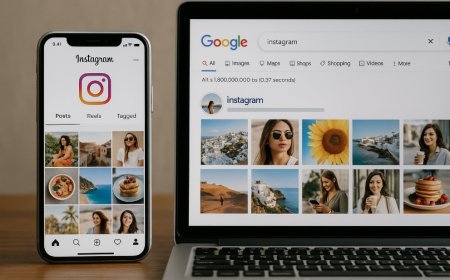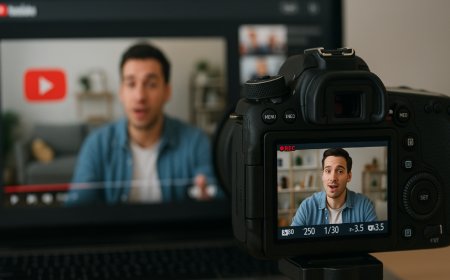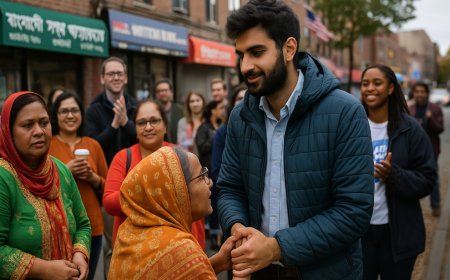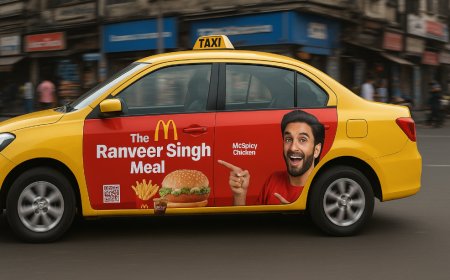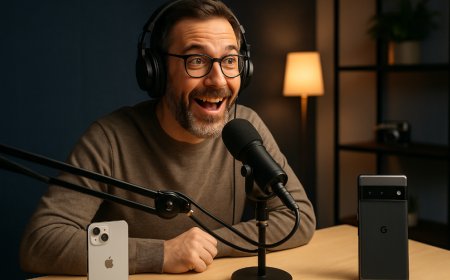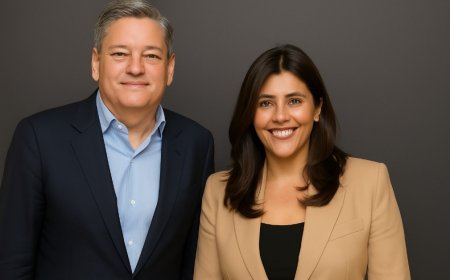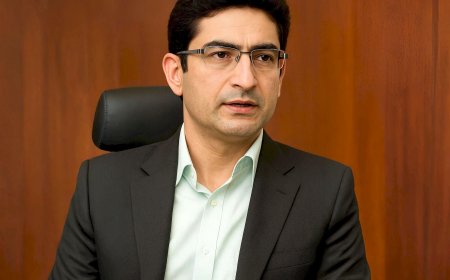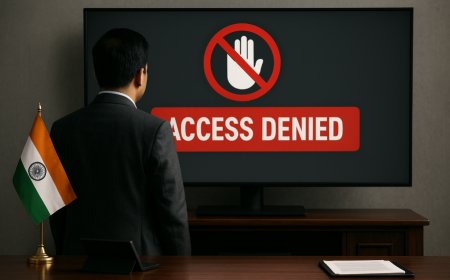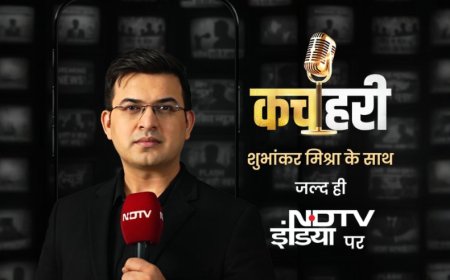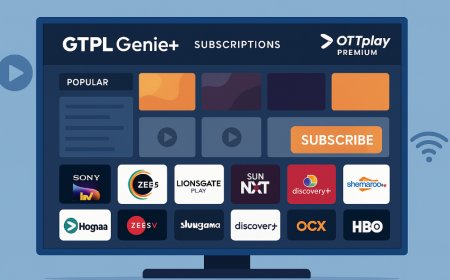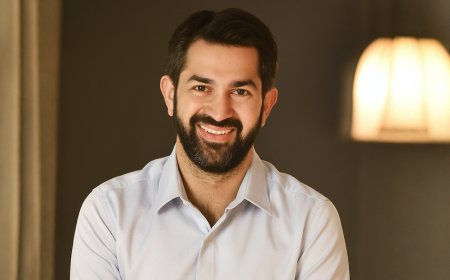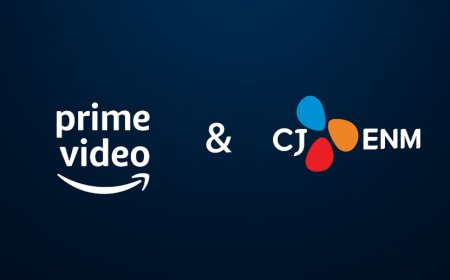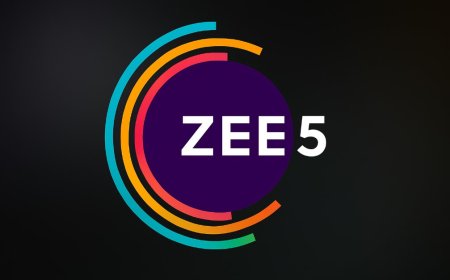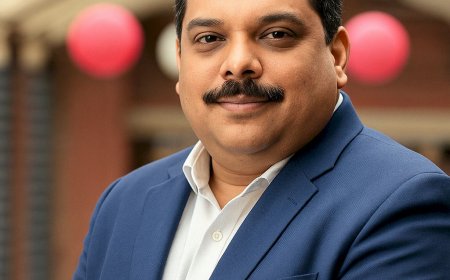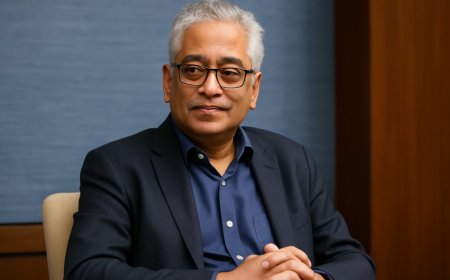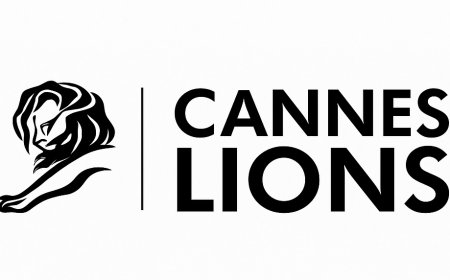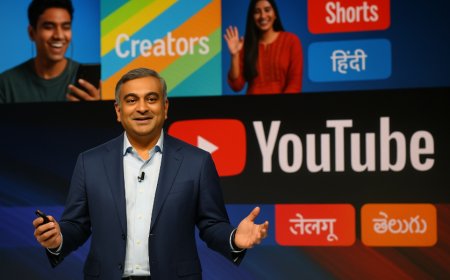When AI Steps In: How ChatGPT Helped Save a Life and What It Means for the Future of Healthcare and Marketing
A ChatGPT diagnosis helped save a life—highlighting how AI is reshaping the future of healthcare support and precision marketing.

Artificial Intelligence, once considered a futuristic concept, is now making a real-world impact — not just in business or entertainment, but in saving lives. A recent story of how ChatGPT helped someone identify a life-threatening medical condition has brought new attention to the evolving role of AI in healthcare. Beyond this headline moment, the implications for healthcare innovation and marketing strategies are vast and growing.
The Incident: A Life-Saving Conversation
In an incident that has captured global attention, a woman turned to ChatGPT after months of inconclusive medical consultations for her son. Despite multiple visits to doctors, his symptoms remained unexplained. In a desperate attempt to find answers, she fed all the symptoms into ChatGPT. The AI model suggested a rare condition — Tethered Cord Syndrome.
This prompt led the woman to consult a specialist, who confirmed the diagnosis. The boy underwent successful surgery, and his health began to improve.
This wasn’t just a moment of coincidence — it was a glimpse into how AI tools like ChatGPT could play a role in supplementing healthcare decisions when used responsibly.
AI in Healthcare: A Growing Frontier
This case is just one of many showing the potential of AI-powered platforms to revolutionize how people approach their health. ChatGPT doesn’t diagnose, but it can analyze vast datasets quickly, recognize patterns, and provide possible leads based on user inputs.
Key Benefits:
-
Faster Symptom Analysis: AI can scan symptoms and return potential conditions in seconds.
-
Second Opinions: Patients can use AI for informational support before or after consulting a professional.
-
Patient Empowerment: People can make more informed decisions about when and where to seek care.
Of course, AI is not a replacement for doctors, but it can serve as a valuable assistant — especially in areas with limited access to healthcare professionals.
Trust, Safety, and the Role of Human Oversight
Despite the powerful capabilities of AI, it must be used responsibly:
-
AI can offer suggestions, not formal diagnoses.
-
Any medical guidance must be followed up with consultation from licensed professionals.
-
Misinformation and overreliance on AI can be risky without proper education and verification.
Tech companies and medical institutions must work together to build safe, transparent, and ethical AI tools for public use.
Marketing Meets Healthcare: AI’s Cross-Industry Impact
The viral story also carries implications for the world of marketing:
1. Trust-Building Content
Brands can use stories like this to create authentic, human-centric narratives around technology adoption. Real-life use cases improve customer trust.
2. AI-Driven Personalization
AI systems can tailor health-related marketing based on user data — ensuring more relevant messages, better engagement, and higher ROI.
3. Patient-Centered Campaigns
Healthcare marketers can use AI to segment audiences, understand patient needs, and deliver information that is timely, localized, and compassionate.
The Road Ahead: What This Means for the Future
The story of ChatGPT and the boy with tethered cord syndrome is more than a viral moment. It’s a signal that AI is evolving from a novelty into a meaningful contributor to our well-being.
As AI technology continues to improve, we’ll likely see:
-
Wider integration into clinical settings.
-
AI-powered triage tools in telemedicine apps.
-
Smarter health assistants for tracking symptoms, medications, and appointments.
-
Cross-industry innovation — from AI doctors to hyper-personalized healthcare ads.
The convergence of AI, healthcare, and marketing has the power to reshape how we live, heal, and communicate.
Final Thoughts
AI platforms like ChatGPT have already begun transforming the way we access knowledge, and in this case, even helped guide a life-saving diagnosis. As AI matures, it promises to serve not only as an informative companion but also as a tool that empowers people to make critical decisions — with care, responsibility, and expert oversight.
What's Your Reaction?
 Like
0
Like
0
 Dislike
0
Dislike
0
 Love
0
Love
0
 Funny
0
Funny
0
 Angry
0
Angry
0
 Sad
0
Sad
0
 Wow
0
Wow
0
